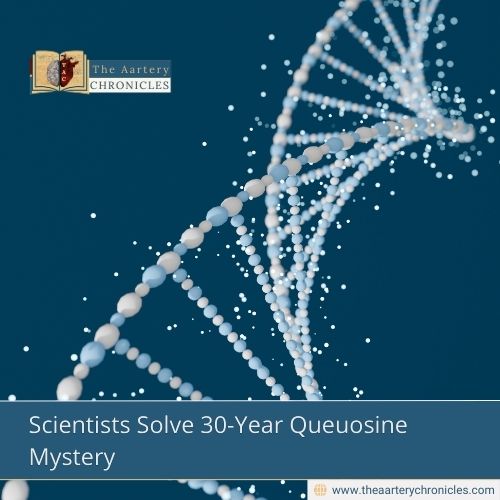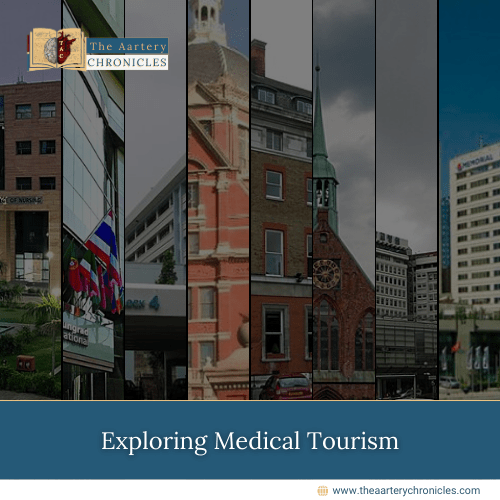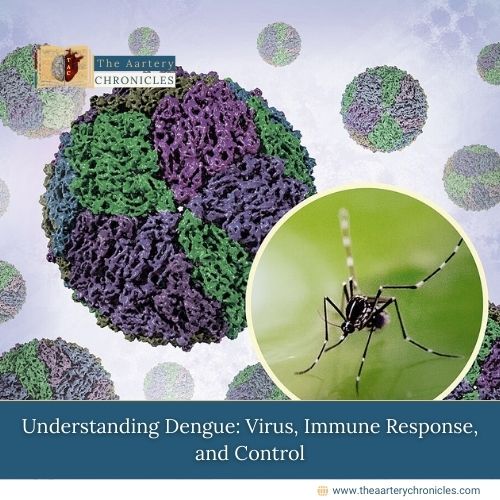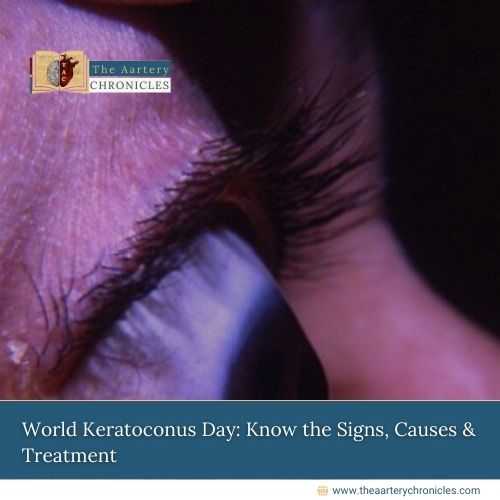

Breakthrough: Queuosine Gene Linked to Cancer Defence
Summary: Scientists have discovered how our bodies take in queuosine, a rare nutrient vital for brain health, memory, stress response, and cancer protection. After 30 years of uncertainty, researchers have found the gene that carries this micronutrient into cells. This breakthrough may lead to new treatments for cancer and neurological health.
Have you heard about this 30-year-old mystery that’s finally been solved?
There’s this rare nutrient inside your body called queuosine, which is pronounced cue-o-scene, and it turns out, it’s pretty important for things like memory, dealing with stress, and even keeping cancer at bay. Scientists have known about queuosine for decades, but they just couldn’t figure out how your body actually absorbs it. Well, after all this time, they’ve finally cracked the case.
So, what exactly is Queuosine, and why should we care?
Queuosine is kind of like a vitamin, but it’s actually a tiny nutrient that our bodies can’t make on their own.
- We have to get it from what we eat and from the bacteria in our gut.
- Even though it plays a super important role in keeping our brains healthy and fighting off certain diseases, it stayed pretty much under the radar for a long time.
- Recently, scientists found out that this small molecule actually helps control how our body reads our genetic instructions. It does this by changing something called transfer RNA (or tRNA), which is a key player in decoding DNA and making proteins.
A Nurse, A Blue Shirt, and a Lesson in Compassion
Scientists just made a huge discovery in a landmark study published in the Proceedings of the National Academy of Sciences. They found SLC35F2, the gene responsible for moving queuosine into our cells. For years, researchers had been pretty sure such a transporter was out there, but no one had actually found it, until now.
“For over 30 years, scientists have suspected that there had to be a transporter for this nutrient, but no one could find it,” said Valérie de Crécy-Lagard, a distinguished professor of microbiology at the University of Florida. “This discovery opens up a whole new chapter in understanding how the microbiome and our diet influence gene expression.”
Why This Discovery Matters for Your Health
Queuosine is really important for things like your brain health, memory, how your body manages its energy, and even helping to stop cancer from growing. It plays a key role in making sure our cells read our genetic code correctly, which is essential for keeping our bodies working the way they should. Experts think that this new finding could pave the way for fresh treatments for cancer and brain-related illnesses by making the most of what queuosine can do.
The gene they’ve now identified, called SLC35F2, was mostly looked at before for how it helps viruses and cancer medicines get into cells. But nobody really knew what it did naturally in our bodies, until now.
The Role of Diet and Gut Microbiome
Our bodies can’t make queuosine on their own, so we need to get it from what we eat and the friendly bacteria in our guts. This really emphasises how important it is to eat a balanced diet and keep our gut healthy for overall wellness.
Global Collaboration Behind the Breakthrough
Scientists from the University of Florida, Trinity College Dublin, San Diego State University, The Ohio State University, and a bunch of other places teamed up for this one. The whole thing was made possible with support from groups like the National Institutes of Health and Research Ireland.
“We don’t think we could have cracked it without the full team,” de Crécy-Lagard said. “It’s a perfect example of what international collaboration can achieve.”
Conclusion: A New Era in Nutrient Research
Even though Queuosine is tiny, it packs a huge punch. This breakthrough not only cracks a mystery that’s stumped scientists for years but also paves the way for personalised treatments, cancer therapies, and brain health studies. As researchers dig deeper, Queuosine could end up playing a big role in future health solutions.

Dane
I am an MBBS graduate and a dedicated medical writer with a strong passion for deep research and psychology. I enjoy breaking down complex medical topics into engaging, easy-to-understand content, aiming to educate and inspire readers by exploring the fascinating connection between health, science, and the human mind.








